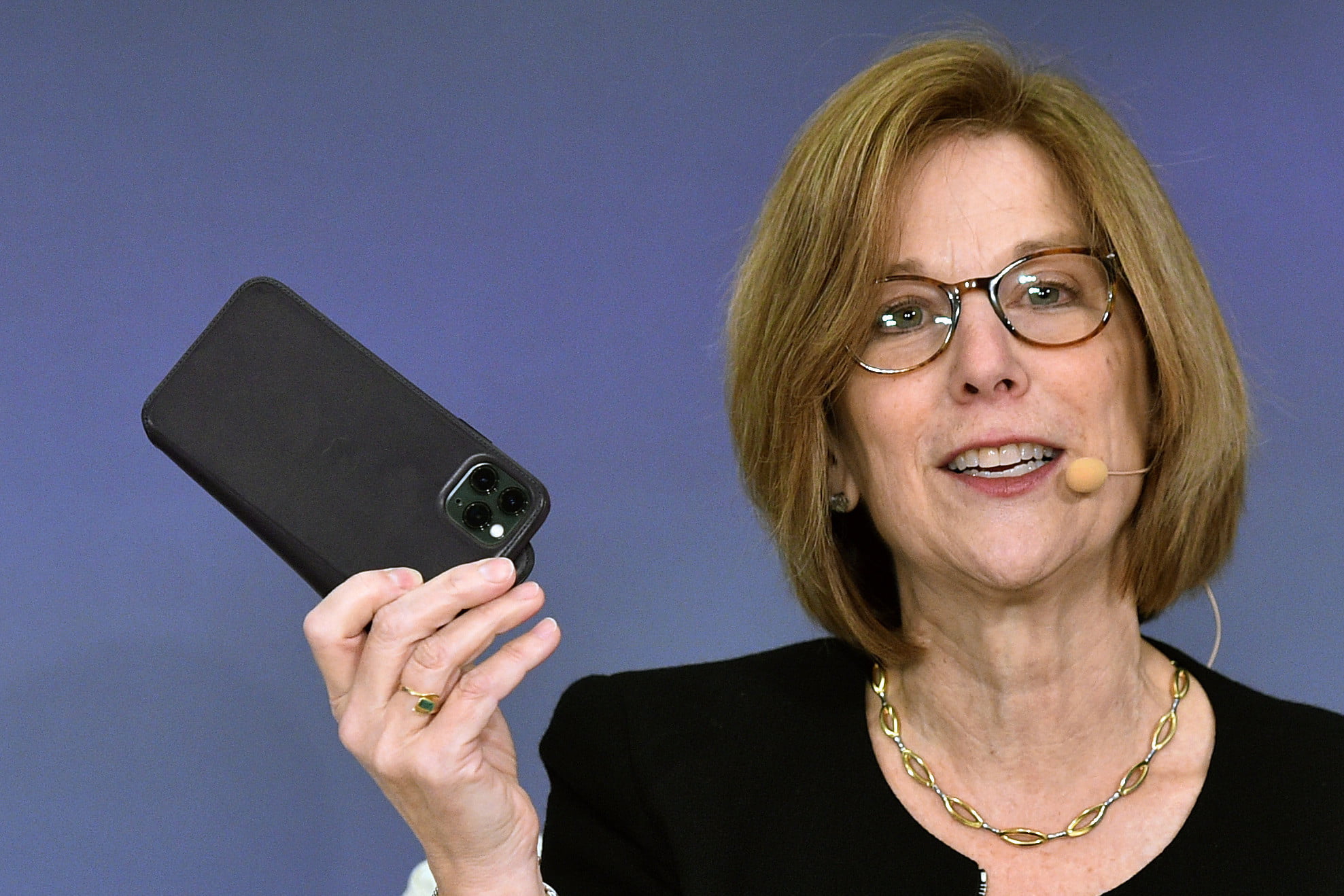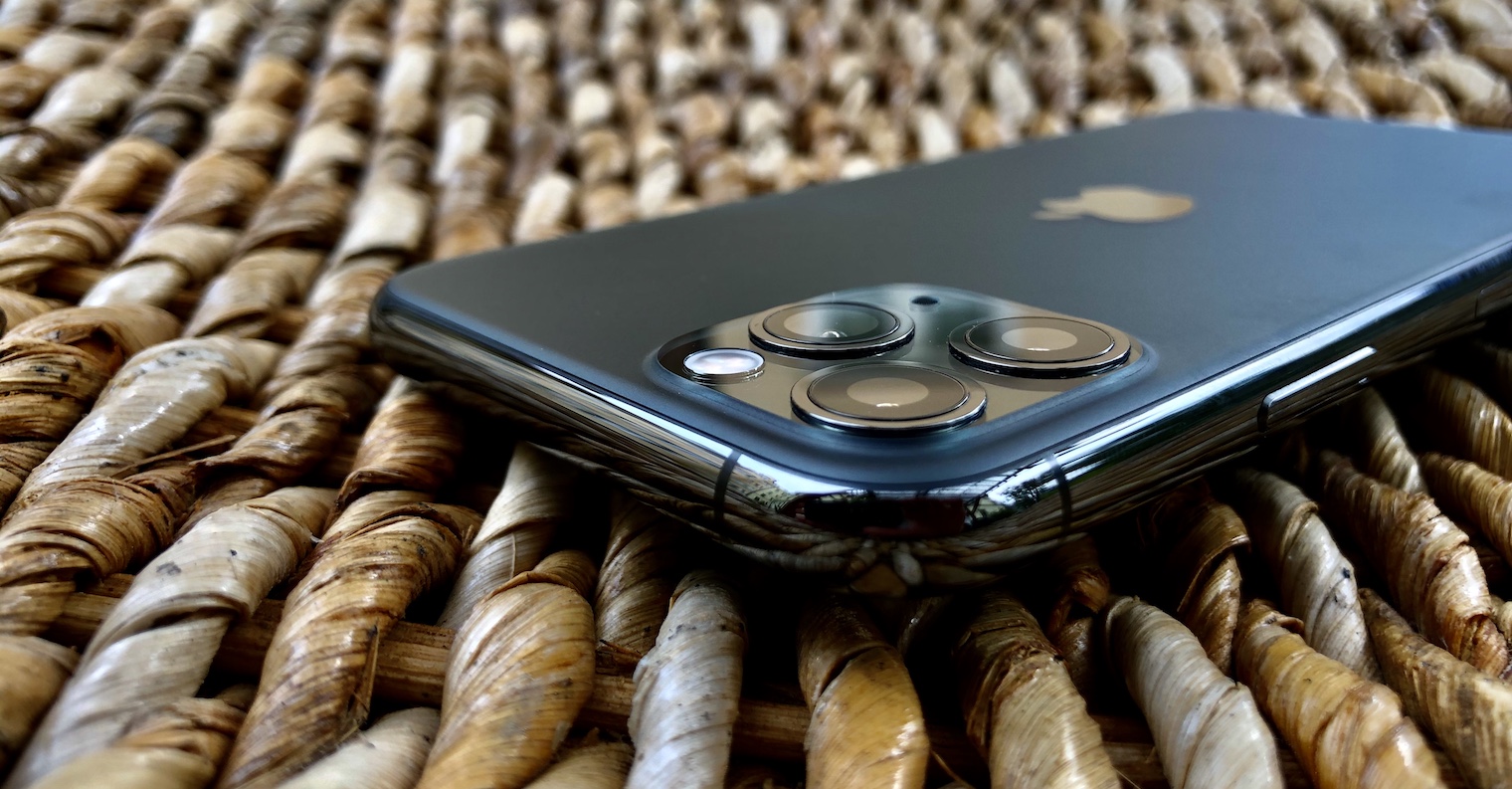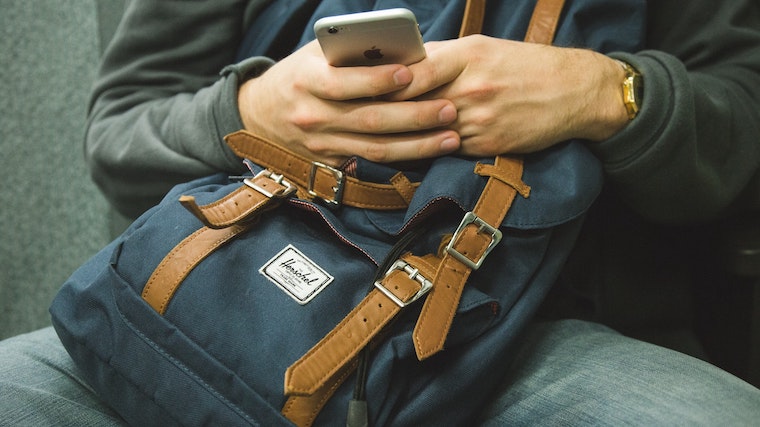The United States government has begun further steps to prevent Apple and other companies from securing user data through encryption. On Monday, NBC reported on the letter Apple received from the FBI. In the letter, the FBI asked the Cupertino company to unlock two iPhones belonging to the attacker from the military base in Pensacola.
It could be interest you

A similar situation occurred a few years ago, when the San Bernardino shooter was the subject of a dispute over the replacement of his iPhone. At that time, Apple refused to unlock the incriminated iPhone and the whole case ended with the FBI using a third party to obtain the necessary information from the phone.
According to Texas attorney Joseph Brown, the US government can pass specific legislation to "ensure lawful law enforcement access to digital evidence of crime," consistent with traditional privacy protections. In connection with this somewhat mind-boggling formulation, Brown mentions a case where, after more than a year, it was possible to obtain data from the device of an arrested child abuse suspect. At that time, with the help of new forensic techniques, the investigators managed to get into the iPhone, where they found the required image material.
It could be interest you

Brown argues that evidence stored on a phone or laptop should be no more protected than evidence found in a person's home, "which has always been considered one of the most private places." Organizations dealing with digital law, however, point to a certain security risk that could be posed by leaving a "backdoor" in the security of electronic devices. In addition, the US government has access to a number of tools that can help it obtain data not only from iPhones, but also from smartphones with the Android operating system and other devices - for example, Cellebrite or GrayKey.

Source: Forbes